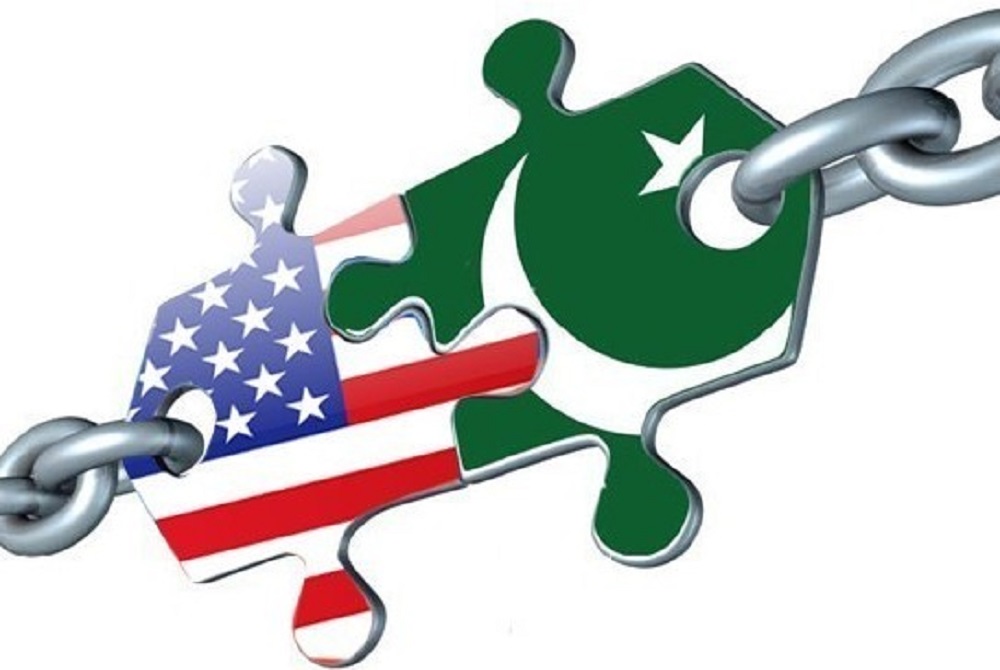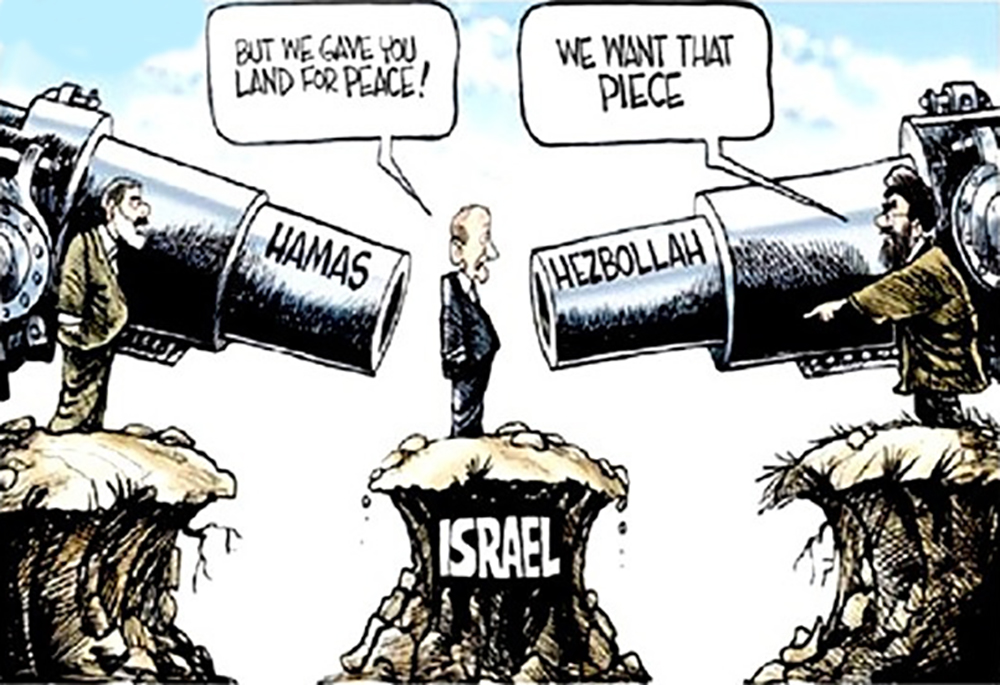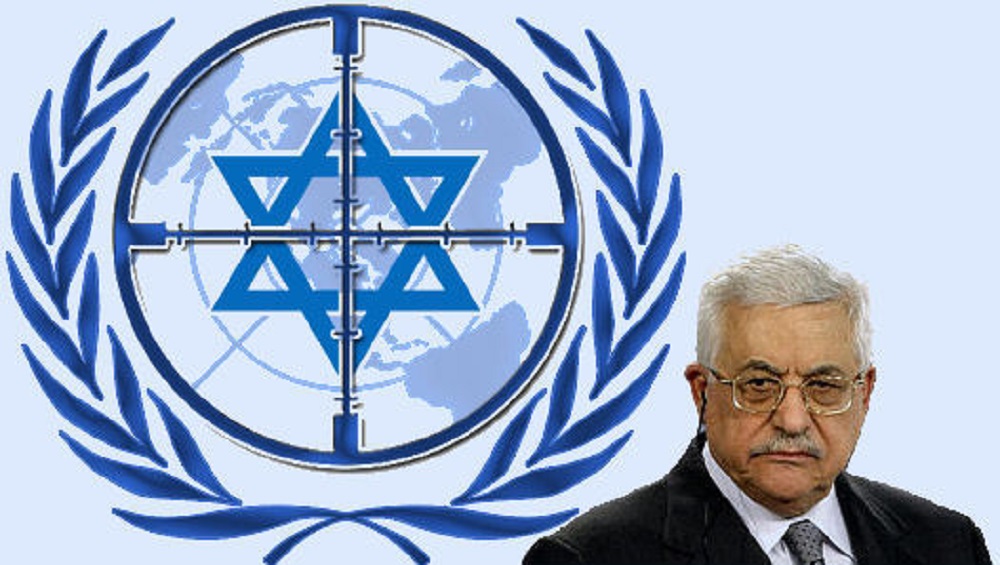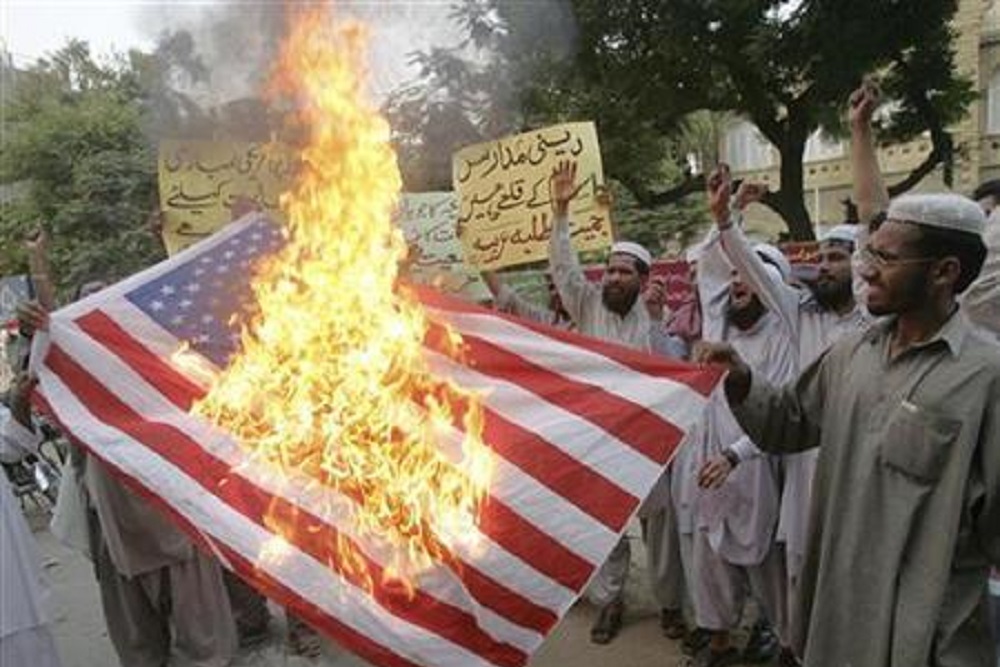Pakistan’s Dilemma
Pakistan may well be the single largest state sponsor of terrorism in the world, possibly even greater than Iran, yet it has never been listed by the U.S. State Department as such, even in the wake of the 9/11 Commission Report and the recommendation of the State Department’s counter-terrorism director. That is because the prevailing attitude in past U.S. administrations has been that such a designation would destroy U.S. influence in Islamabad. That attitude, however, seems to be changing. In August 2007, then Presidential candidate Barak Obama issued a pointed warning to then Pakistani President Pervez Musharraf saying that as president, he would be prepared to order U.S. troops into that country unilaterally if it failed to act on its own against Islamic extremists. The 11/26 Mumbai attacks have now brought Pakistan’s dilemma onto center stage.
On Saturday, December 6th, security forces in New Delhi disclosed that Pakistani intelligence (ISI) had actively trained the Mumbai terrorists and selected their targets including two major hotels and the Chabad Center. The problem for the Pakistani government is real. Power in Pakistan has traditionally flowed through Rawalpindi (the headquarters of the Pakistani military) not the civilian government in Islamabad. It is the army that maintains the state rather than the other way around. As a consequence, there are forces operating throughout the country that act independently of the central government – forces intent on sabotaging any effort at achieving Indian-Pakistani reconciliation.
Based on this reality, the Pakistani government long ago conceded large sections of its country to the Taliban, the Pakistani military and its national intelligence agency (the ISI). This has led to the growth of radical Islamic madrassas and terrorist training camps in Pakistani Kashmir, the Punjab area in Eastern Pakistan (on the border of north India), and Pakistan’s southern coast (from Karachi to Gwadar close to the Iranian border). In fact, the Kashmir-based terrorist organization Lashkar-e-Taiba (LeT) that perpetrated the Mumbai attacks was founded by the ISI to prosecute its low-level war against India in the disputed Himalayan territory of Kashmir, just as the ISI founded the Taliban to insure the government in Afghanistan would be sympathetic to Pakistani interests.
As a result, for years, LeT, despite being declared illegal in 2002 by the Pakistani government, operated openly, running its terrorist training camps in plain view of Pakistani authorities. Today, the ISI not only continues to provide the outlawed terrorist organization with shelter, training, logistics and supplies, but coordinates LeT’s movements giving it the space necessary to plan its terrorist activities.…all of which has now brought India and Pakistan to the brink of war.
Unfortunately, there is no political force within Pakistan today that is capable of reining in the ISI and its many jihadist allies with the result that jihadist forces have become deeply entrenched in Pakistani society. This was reflected in a spring 2006 Pew Research Center survey which disclosed that 48% of Pakistanis declared some degree of confidence in Osama bin Laden. Indeed, the extent of Islamic radicalization in Pakistan is troubling. According to the Weekly Standard: “There were only 200 madrassas (religious schools) on Pakistani soil at the time of the India-Pakistan partition in 1947. By 1972, this figure had grown to 893. Of these Pakistani madrassas, 354 (40%) openly espoused Deobandism (the South Asian version of Wahhabism).” By 1992, the total number of madrassas in Pakistan rose to an estimated ten thousand. This proliferation of jihadist training schools led directly to the birth of the Taliban which follows Deobandi Islam and continues to find new Islamic recruits primarily from the impoverished areas of northwest Pakistan, Afghanistan and Pakistani Kashmir whose families are paid to sacrifice their children as “martyrs”. Today, these radical Islamic madrassas instruct more than one million students each year and provide a comfortable environment for Islamic terrorists to plan attacks.
All this has dangerous implications not only for India, Pakistan and South Asia, but for the United States and Europe. The ISI’s long-term strategy is not simply to provide sanctuary and aid to the enemies of India and the West, but to seize power throughout South and Central Asia by sponsoring jihadist proxies much as Iran is doing through Hezb’allah, Hamas and Islamic Jihad in the Middle East. Bill Roggio, managing editor of the website Long War Journal writes: “Given the ISI’s deep roots within Pakistan’s culture and its capacity to determine policy even against the wishes of the elected officials, curtailing its power will be difficult at best. It is now one of the principal backers of radical Islam in the world” and its LeT proxy has openly talked of conquering large swaths of northern India and Central Asia in the name of Islam for its future Islamic caliphate. Its leader, Hafiz Saeed, lives on a large Saudi-funded estate near Lahore and goes about his business with minimal interference from the Pakistanigovernment.
The Islamic conquests of India from the seventh through the 16th centuries wiped outIndia’s Buddhists and 70-80 million Hindus and the lessons learned have burned themselves into the Indian psyche, so from the Indian perspective, inaction in the face of the Mumbai attacks is probably not a feasible option. While India is not interested in a full-scale war with Pakistan or the collapse of the moderate civilian Pakistani government, it does recognize that the attacks in Mumbai were only the most recent manifestation of the ISI’s willingness to sponsor its quest for power in the subcontinent and beyond.
As a result, short of purging the ISI of its radical elements, dismantling the terrorist training camps and shutting down the Islamist madrassas, there is no obvious path forward for Pakistan’s civilian government if it wishes to avoid a confrontation with its neighbor. Pakistan’s failing to act against these Islamists will lead to Indian and possibly American strikes at terrorist bases inside its country. In fact, Israeli security forces are already training Indian paramilitary forces for such a contingency since both countries share much in common including the fact that both represent reincarnations of ancient civilizations and both share common borders with and have suffered greatly at the hands of radical Islamists. A growing mutual admiration between India and Israel is showing up at levels both commonplace and lofty.
Since their independence from the British Empire in 1947, India and Pakistan have fought three wars over Kashmir. The issue still continues to adversely affect their bilateral relations. The problems of India, Pakistan, Afghanistan and Bangladesh unfortunately are now converging into the perfect storm and only an international approach involving working with the Pakistanis to root out terrorist camps in Kashmir as well as in its tribal areas can work. If the moderate Pakistani government is undermined, then extremist elements will gain in Pakistan which would be counterproductive for India and South Asia. Alternatively, if an Indian military build-up diverts Pakistan’s attention to its eastern borders and undermines its embryonic campaign against extremists, it will again be harmful to India because Islamic extremism (shrouded as patriotism) will spread throughout Pakistan, India and eventually the entire region. There is no simple solution.
The best outcome of the Mumbai attacks would be if they spurred cooperation between India and Pakistan into taking concerted collective action against the jihadist presence in their respective countries. If not, given that both countries are nuclear powers, the possibility exists that any military conflict could well spill over into a nuclear confrontation with catastrophic consequences.
In the end, the Pakistani government must shut down all jihadist operations in its territory which translates into changing the attitude of its own military and intelligence branches. That is the only option short of international military strikes against these camps or war between these two powers, and if the history is any judge, Islamabad has a formidable task ahead of it. Pakistan has yet to be reconciled with itself.




